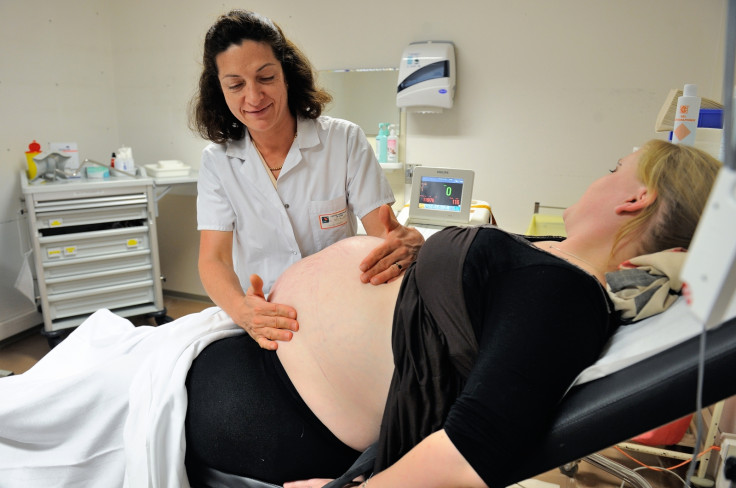Brazil: Half of women have caesarean births 'to avoid damaging sex lives'

Brazil's Ministry of Health is cracking down on the country's "caesarean epidemic" as over half of all births in the country are now C-sections, due to women not wanting permanent changes to their sex lives and doctors promoting caesareans over natural deliveries.
According to Brazil's National Health Agency (ANS), the national average in Brazil for caesarean births is 52%, with 84% of these deliveries conducted in private hospitals and paid for by health insurance, while in state hospitals, 40% of deliveries are via C-section.
This is quadruple what the World Health Organization recommends for caesarean section delivery rates, which is no higher than between 10-15%.
Caesarean deliveries triple the risk of the mother dying and increase the risk of breathing difficulties for the baby by 120%, according to statistics released by ANS.
"The Brazilian woman is concerned with her sexuality and fears that giving birth will alter the perineum, which is a myth," Vera Fonseca, director of the Brazilian Federation of Gynecological Associations, told Brazilian newspaper Folha de Sao Paulo.
New regulations
However, that is not the only reason.
In Brazil, there are 24 million women who have health insurance including prenatal and antenatal care, and last year, there were numerous reports in the Brazilian press about unscrupulous doctors promoting C-sections in order to earn more money in health insurance payments.
From now on, doctors must submit prenatal information on all births to the government, similar to NHS practices in the UK, and will no longer be allowed to book a C-section procedure before a pregnant woman has gone into labour.
Doctors will also have to provide patients with information about the risks of performing a C-section.
Health insurance providers must send policy holders a list of accredited doctors and statistics on successful caesarean rates in hospitals within 15 days, or face a fine of R$25,000 Brazilian real (£6,186, $9,388).
More midwives and gynaecologists needed
According to an op-ed published in Folha de Sao Paulo, the lack of regulation amidst an expanding health insurance market, together with the fact that not enough gynaecologists and midwives are being trained in natural births, has led to the explosion of C-section births.
There is also a prevailing culture in Brazil that the physician who examines the patient during her prenatal check-ups should be the same doctor to deliver the baby.
"We cannot accept C-sections performed on the basis of economic power or convenience. The norm is natural delivery," said Arthur Chioro, Brazil's Minister of Health.
"There is no justification [whether] financial, technical or scientific, that you can [argue for the] high rate of caesarean sections in health insurance.
"We have to reverse this situation that has developed in the country. The caesarean epidemic today is unacceptable and there is no way to treat it merely as a public health problem."
© Copyright IBTimes 2025. All rights reserved.






















